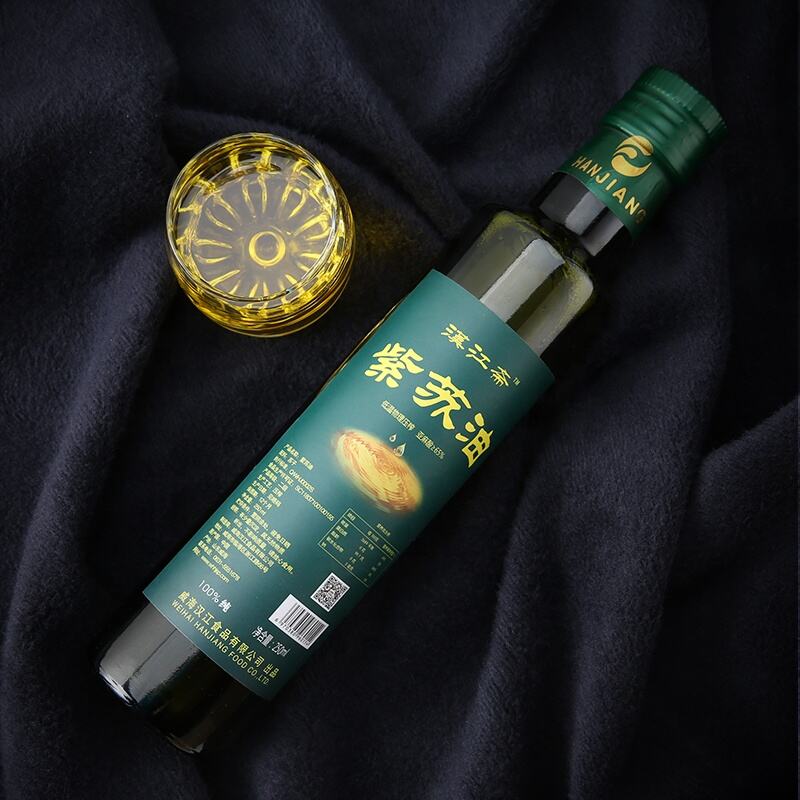pure sesame oil price
Pure sesame oil price reflects the market value of one of the most premium cooking oils available today. This golden-hued oil, extracted from carefully selected sesame seeds through cold-pressing technology, commands varying price points depending on quality, processing method, and origin. The current market sees prices ranging from moderate to premium segments, influenced by factors such as harvest conditions, global demand, and production standards. The oil's price is justified by its rich nutritional profile, including essential fatty acids, vitamins, and antioxidants, particularly sesamol and sesamin. Modern extraction methods ensure maximum retention of these beneficial compounds while maintaining the oil's characteristic nutty flavor. The price structure also accounts for the meticulous quality control processes, from seed selection to final packaging, ensuring consumers receive a pure, unadulterated product. The market value encompasses various grades, with cold-pressed organic variants typically commanding higher prices due to their superior quality and certification requirements. The investment in pure sesame oil is often considered worthwhile given its versatility in culinary applications, from high-temperature cooking to finishing oils, and its extended shelf life when properly stored.


